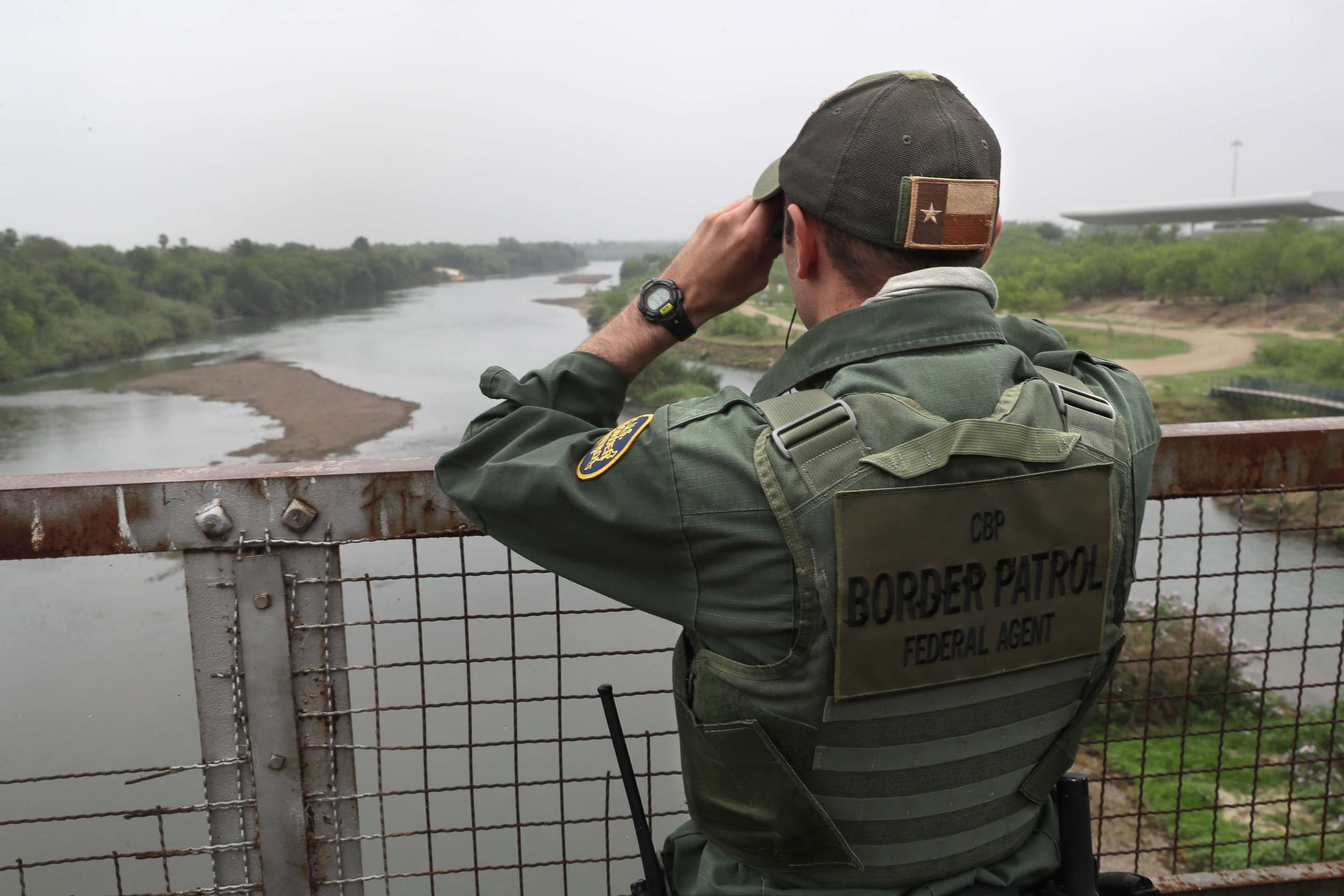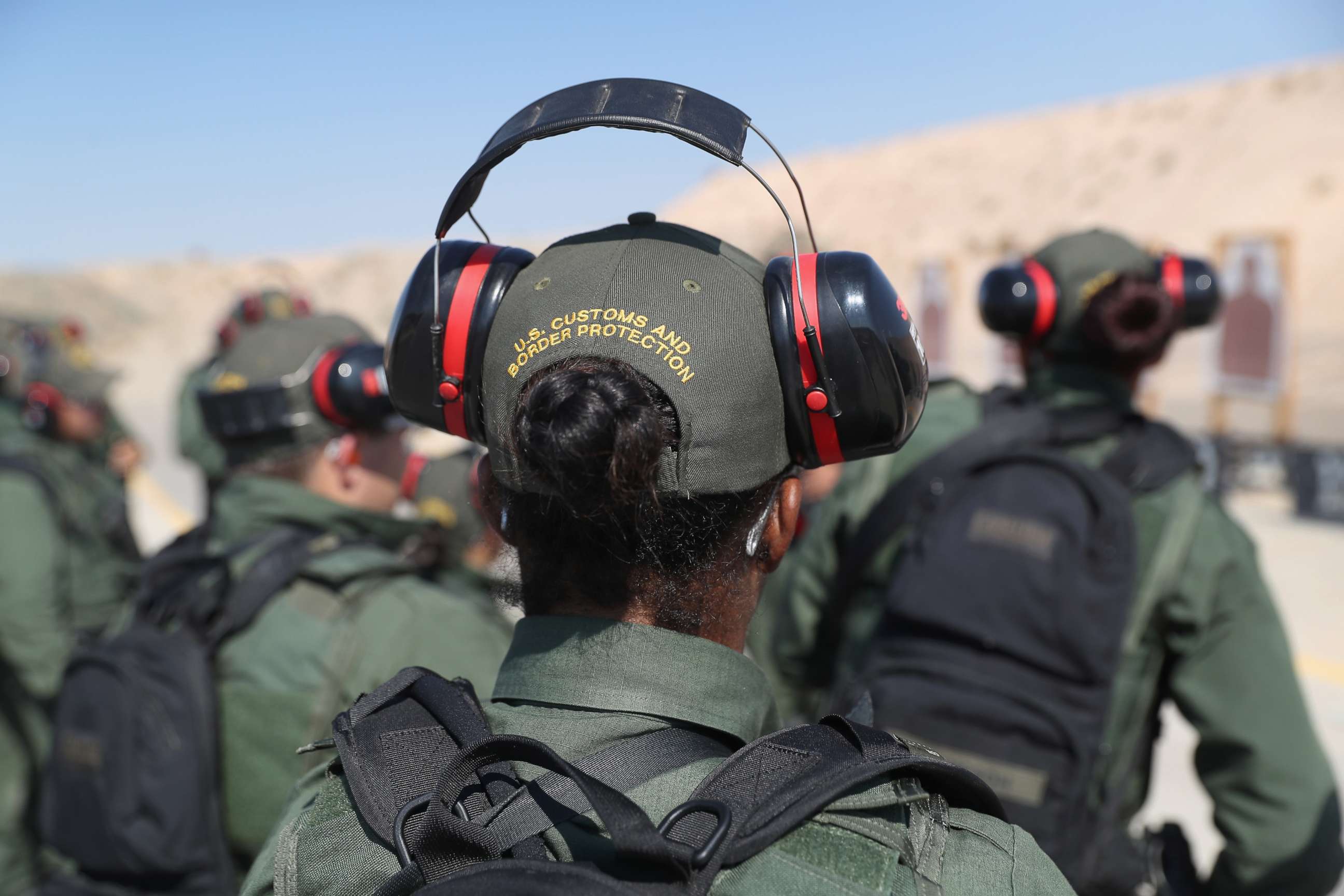Fallen Border Patrol agent was attacked with rocks, union says
Martinez, a native of El Paso, had been a border agent since August 2013.
— -- A federal Border Patrol agent who died in the line of duty may have been bludgeoned to death with rocks, a spokesperson for the National Border Patrol Council said Monday.
Federal authorities said Border Patrol Agent Rogelio Martinez, 36, died in West Texas while on a patrol on Sunday morning, but they declined to say how he died.
Union Spokesman Chris Cabrera told ABC affiliate KVIA on Monday that Martinez was responding to foot traffic that set off sensors when he came across a group of people.
Martinez then called for backup, Cabrera said, but his partner arrived to find him unconscious and suffering from severe head trauma.

The partner, whose name has not been released, then called for backup, and when more agents arrived, the partner was also found with severe injuries, according to Cabrera.
The agents were transported to a local hospital, where Martinez later died, according to the U.S. Customs and Border Protection. His partner is in serious condition, according to the agency.
Martinez, a native of El Paso, had been a border agent since August 2013.
The CBP did not provide many details about the incident, but law enforcement sources with knowledge of the matter told ABC News on Monday that they were looking into the possibility that it was an accident. Those sources did not speak about the cause of the injuries.
Texas Gov. Greg Abbott called it an “attack” and is offering a $20,000 reward for information leading to the arrest of a suspect in what his office described as a “murder.”

President Donald Trump tweeted his condolences on Sunday evening as he renewed his call to build a border wall.
“Border Patrol Officer killed at Southern Border, another badly hurt,” Trump tweeted. “We will seek out and bring to justice those responsible. We will, and must, build the Wall!”
The Border Patrol’s Special Operations Group and agents from CBP’s Air and Marine Operations are searching the area for potential suspects or witnesses, according to the CBP.




